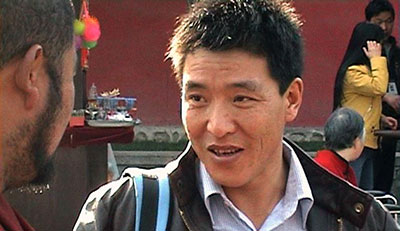Jailed Tibetan filmmaker shifted to better conditions
Some news which appears to be good from China, and some that isn’t: Tibetan filmmaker Dhondup Wangchen has been moved to a women’s prison where conditions are not as harsh, according to his friends and associates at the Switzerland based group Filming for Tibet. They say that Wangchen has been transferred to the Qinghai Provincial…
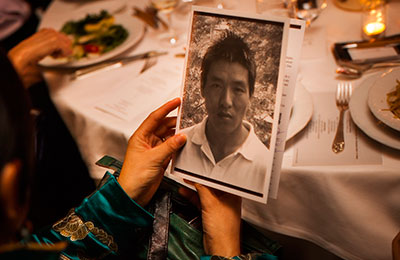
Nearly 20,000 call to free Kyrgyz, Tibetan journalists
“I remain hopeful that I will one day see the sun once more–not through the barred window of my prison cell but as a free man.” -Azimjon Askarov Today, on International Human Rights Day, CPJ and close to 20,000 supporters are calling on the governments of China and Kyrgyzstan to release two journalists imprisoned for…
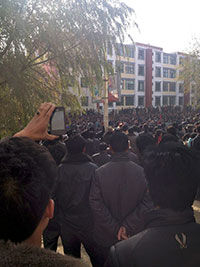
Confusion grows around missing Tibetan monk filmmaker
Not unusually, an already confusing situation in Tibet just got worse. Twenty-seven Tibetans have self-immolated in protest against Chinese this month alone, according to Human Rights Watch. That’s almost one a day. Against this chaotic backdrop, Chinese authorities have issued an arrest order for a missing monk who helped film a 2008 documentary about life…
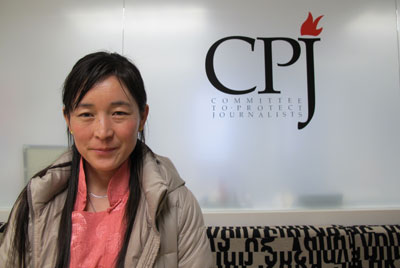
Four years on, wife calls for Tibetan filmmaker’s release
Lhamo Tso has not spoken to her husband Dhondup Wangchen since March 17, 2008. She, their four children, and his elderly parents live in India, and hear of him only when his sister visits the Xichuan Prison in Qinghai province, western China, where he is serving six years. Through glass, he passes on the news:…
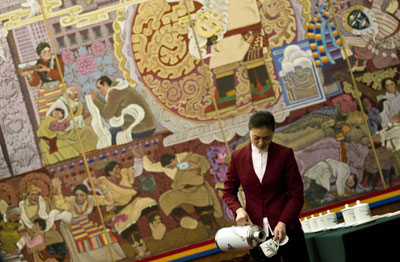
Journalists at work in China: Tibet and Beijing edition
China media analysts are looking to two significant events to shape coverage this month: The anniversary of a failed uprising in Tibet, and the annual meetings of China’s top political bodies, the National People’s Congress and the Chinese People’s Political Consultative Conference in Beijing. Journalists at work in both areas attracted coverage of their own…

‘Invisible Tibet’ blogger elicits China’s extra-judicial ire
Beijing-based blogger Woeser reported on her website Invisible Tibet today that she has been confined to her residence by Beijing public security officers who are stationed outside her home. Woeser, an outspoken critic of Chinese government policies in Tibet, has written about a series of recent self-immolations among monks and arrests of writers in western…

Ethnic violence renews information clampdown in China
Two months into 2012, all-too-familiar stories are emerging from China’s troubled minority regions, Tibet and Xinjiang. Following riots against Chinese rule in 2008 and 2009, violence and its corollaries–increased security and censorship–have become commonplace. Independent bloggers and journalists who cover the unrest pay a high price: Over half the 27 journalists documented by CPJ in…
